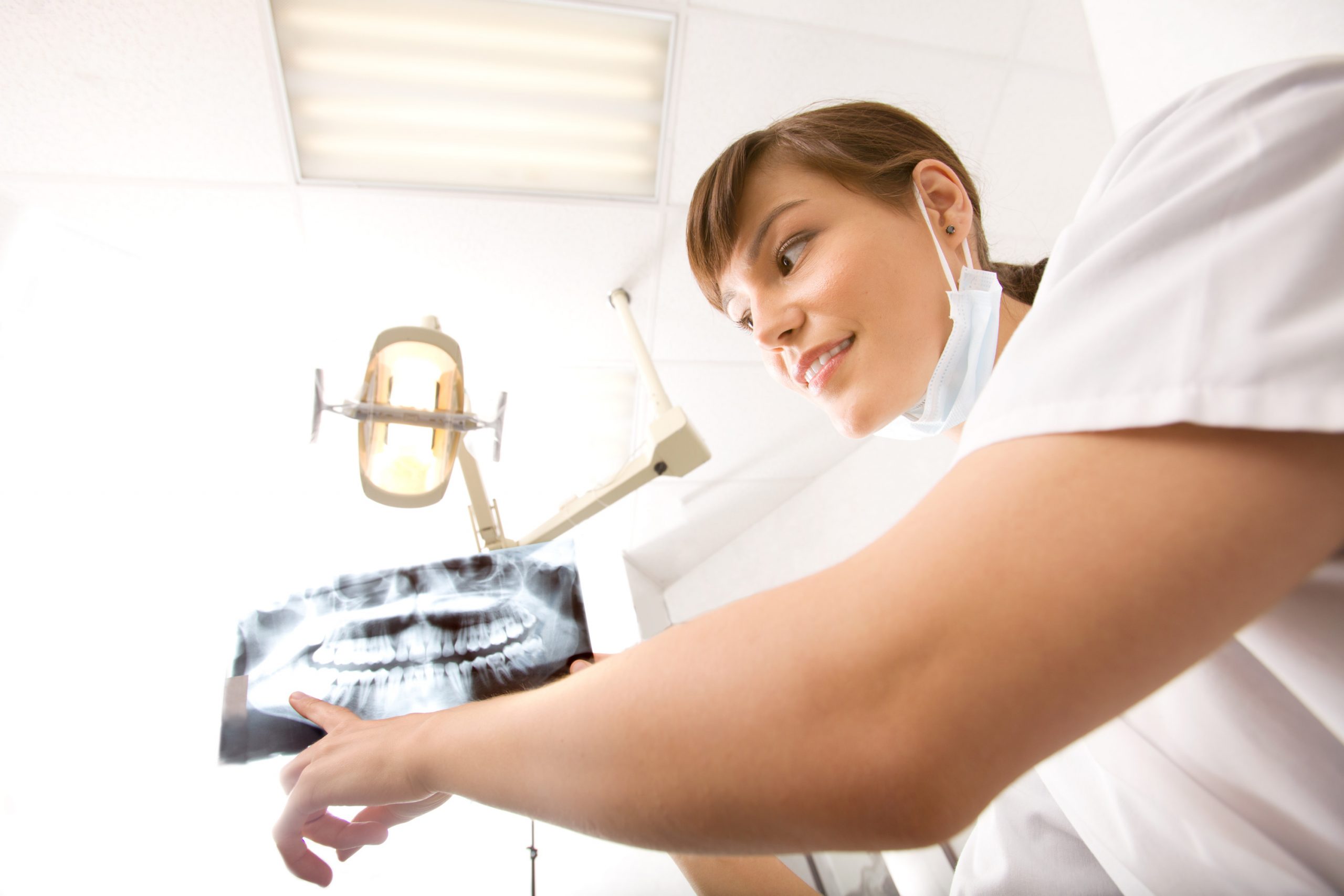When your child breaks a bone or is running a high fever, you know where the nearest ER or urgent care centre is. What about in the case of dental emergencies? In some situations, you don’t have time to wait two weeks for an appointment opening. You need immediate care.
Dentists often will leave wiggle room in their schedules of these kinds of cases. It is important for your family to be aware of an emergency dentist in case of any of the following scenarios.
1. Severe Pain
We have all had a minor toothache or felt a ping of pain when taking a sip of a cold drink. These problems should not be ignored, and a dental appointment should be made.
However an emergency situation is when pain is so unbearable that it is hard to sleep or go about your daily tasks. It feels as though your teeth are even sensitive to the air. Emergency rooms can give you painkillers and anti-inflammatory drugs to ease the pain temporarily, but only a dentist is trained to fix the root of the problem.
2. Abscessed Tooth
A possible cause of tooth pain is an abscessed tooth. A tooth abscess looks like a pimple on your gums and is caused by a pocket of pus in the tooth becoming infected. Along with pain, symptoms include: fever, sensitivity to hot and cold, face swelling, and sore lymph nodes (in the area around your neck).
An abscessed tooth should never be ignored or left to “go away on its own”. The infection can spread to your jaw and surrounding tissue in your face and neck. If left untreated for too long, it could become life-threatening. You should see a dentist as soon as possible, and in the meantime, gargle salt water to help draw out pus and alleviate pain.
3. A Tooth Knocked Out
This may be one of the biggest reasons that makes it so important to know of a nearby emergency dentist, especially if you have children who play sports. If you act fast, receive emergency dental care quickly, and take the necessary precautions, it is possible to save a lost tooth.
As soon as the tooth is lost you should:
- Take ibuprofen for the pain (NOT Aspirin, it can exasperate bleeding)
- Apply a cold compress to the area and rinse with warm water
- Make sure there are no broken parts of the tooth left in the mouth (choking hazard)
- Do NOT scrub the tooth; the fleshy material needs to stay intact. Gently rinse with water and try to fit the tooth back in the socket for a better chance of the nerves reattaching.
- Keep the tooth moist in saliva by keeping the tooth in the gums. For a small child, this is probably not a good option as they could swallow the tooth. Alternatively, you can place the tooth in milk.
Following these steps and getting to an emergency dentist greatly increases the chances of saving the tooth. If proper procedures are followed, there is a 90 percent chance of saving the tooth. It is worth noting if a tooth is lost due to periodontal disease (disease of the gums or jaw) these steps will not save the tooth.
4. Broken Tooth
If a tooth is broken or chipped but still intact in the mouth, it may or may not be an emergency. If the tooth does not hurt and is not bothering you, it is fine to wait for a dental appointment to fix the tooth. On the other hand, if the tooth is causing you pain or has left a sharp fragment scraping up the inside of your mouth it is considered an emergency.
5. Bleeding Gums
If you don’t floss often, a little bit of gum bleeding is normal. It may also be a sign of simply brushing your teeth too hard, and you may need to switch your toothbrush and brush more gently. If you are experiencing extensive bleeding of the gums though, it could be a serious cause of concern.
Untreated gingivitis can lead to periodontitis. This not only leads to gum bleeding but also deterioration of the gums and jawbone, leading to tooth loss.
How to Avoid Dental Emergencies
To help avoid injury to the tooth, follow these precautions:
- Wear a mouth guard when playing sports.
- Never use your teeth to open bottles, twist open tops, or cut into things.
- Do not chew ice, popcorn kernels, or bite into hard candy.
- Maintain proper dental health. Regular brushing and flossing remove decay, keeping teeth healthy and strong. Brush at a 45-degree angle towards the gums to assure adequate gum health to prevent gingivitis.
- Visit your dentist every six months. A dental cleaning removes plaque and tartar from your teeth with special tools only available at the dentist. Also, dental x-rays can help spot issues early on before they are causing you severe pain.
If a dental emergency does occur, you should contact a dentist as soon as possible. There are a few steps you can take at home to temporarily relieve pain and prevent further issues.
- If you crack a tooth, rinse out your mouth with warm water to keep the area clean; then apply a cold compress to reduce swelling.
- For a toothache, clean the area by rinsing out your mouth with warm. Then gently floss between the teeth to remove any debris caught in between teeth that may be irritating the toothache.
- If your tongue, lip, or cheeks are bleeding, clean the area with water and apply a cold compress.
You should keep an emergency dentist’s number in your first aid kit for easy access. An emergency can be a stressful situation but being prepared can help you keep calm.

